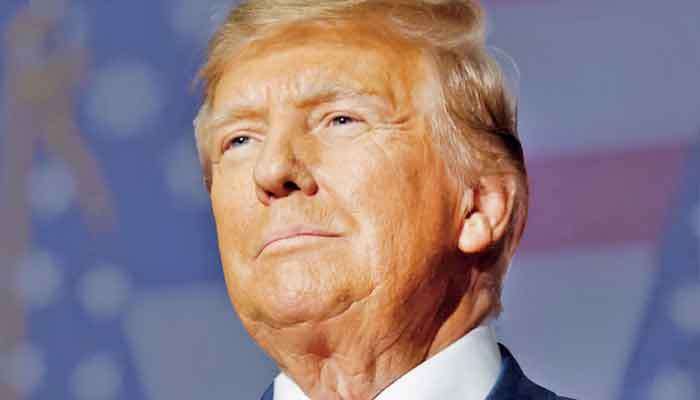

In the wake of Donald Trump's recent election victory on November 16, 2024, significant concerns have emerged regarding the implications of his proposed trade policies for Sri Lanka's economy. Trump was inaugurated as the 47th President on January 20, 2025, and his administration's economic approach, dubbed 'Trumponomics 2.0', is expected to present new challenges for countries like Sri Lanka. The Institute of Policy Studies (IPS) has analyzed the potential impact, highlighting that the US is a crucial export destination for Sri Lanka, accounting for 23.6% of its total exports. [9728bb32]
Trump's administration has suggested imposing substantial tariff increases, including an additional 20% on various imports. This could lead to a staggering loss of approximately USD 187.9 million in the wearing apparel sector alone, representing an 8.1% contraction from 2022 levels. Other sectors, such as rubber, plastic, and chemical products, are also expected to suffer as a result of reduced US demand for imports. [9728bb32]
Moreover, the potential for a trade war could have broader implications, with the European Union's economy projected to decline by 1.5%, which could further suppress demand for Sri Lankan exports. This downturn could result in an estimated loss of Euro 260 billion across the EU, exacerbating the challenges faced by Sri Lankan exporters. [9728bb32]
In early 2024, Sri Lanka's merchandise trade deficit grew by 18.3%, indicating increasing economic strain. The tourism sector, which is vital for recovery, faces jeopardy from potential reinstatement of travel restrictions under Trump's nationalistic policies. [935f8437]
Furthermore, Sri Lanka's reliance on Chinese loans poses risks amid the ongoing US-China rivalry. However, opportunities may arise for Sri Lanka to position itself as an alternative supplier as the US looks to reduce its dependence on China. [935f8437]
In light of these developments, experts recommend that Sri Lanka maintain its preferential tariffs in other regions and consider joining regional trading blocs such as the Regional Comprehensive Economic Partnership (RCEP) to mitigate the adverse effects of Trump's trade policies. Additionally, securing a $2.9 billion IMF bailout is critical for Sri Lanka's economic recovery. [935f8437]
As the global trade landscape evolves under Trump's administration, Sri Lanka faces critical choices to protect its economy and sustain its export growth amidst these challenges. Strategic navigation and the establishment of bilateral trade agreements will be essential for Sri Lanka to weather the uncertainties ahead. [935f8437]